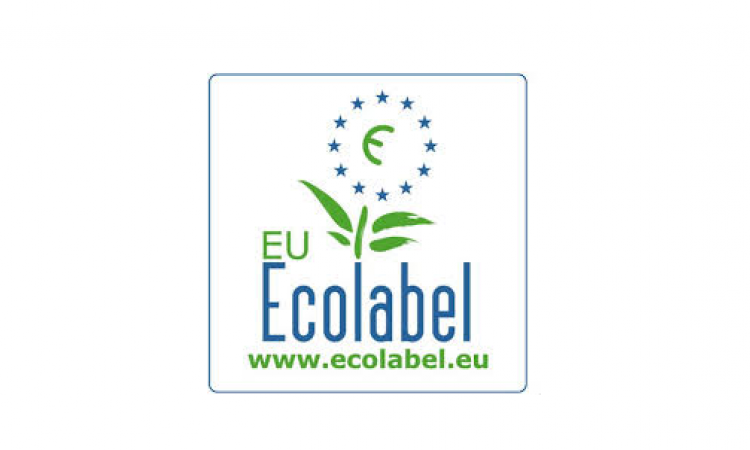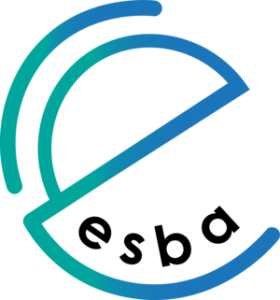
According to European Union (EU) law (article 1 of Directive 2001/83/EC), a medicinal product is defined as “any substance or combination of substances presented for treating or preventing disease in human beings”. It is the competence of the individual EU countries to classify specific products as medicinal products.
If a product is classified as a medicinal product, a marketing authorisation in accordance with the pharmaceutical legislation (Regulation 726/2004 and Directive 2001/83/EC) is required for it to be placed on the EU market.
An application for such an authorisation documents the quality, safety and efficacy of the product.
There are several procedures for the marketing authorisation:
- For the majority of conventional medicinal products, the mutual recognition and the decentralised procedure apply. The mutual recognition procedure recognises an already existing national marketing authorisation by one or more EU countries. For the decentralised procedure, an application is submitted simultaneously in several EU countries, and one of them is chosen as the ‘reference EU country’.
- The centralised procedure is compulsory for certain human, and veterinary medicines. The application for the centralised procedure is made directly to the European Medicines Agency (EMA). This procedure results in a single marketing authorisation that is valid in the EU, Iceland, Liechtenstein and Norway.
- For medicinal products to be marketed in one EU country only, national authorisation procedures are available.
Further information on the marketing authorisation procedures is available here.
This website is available in all official EU languages






